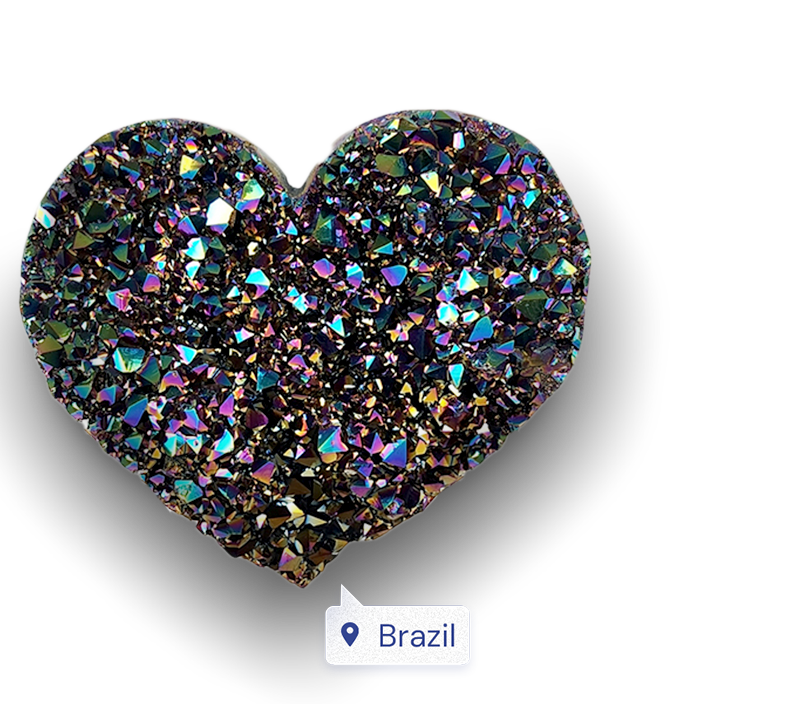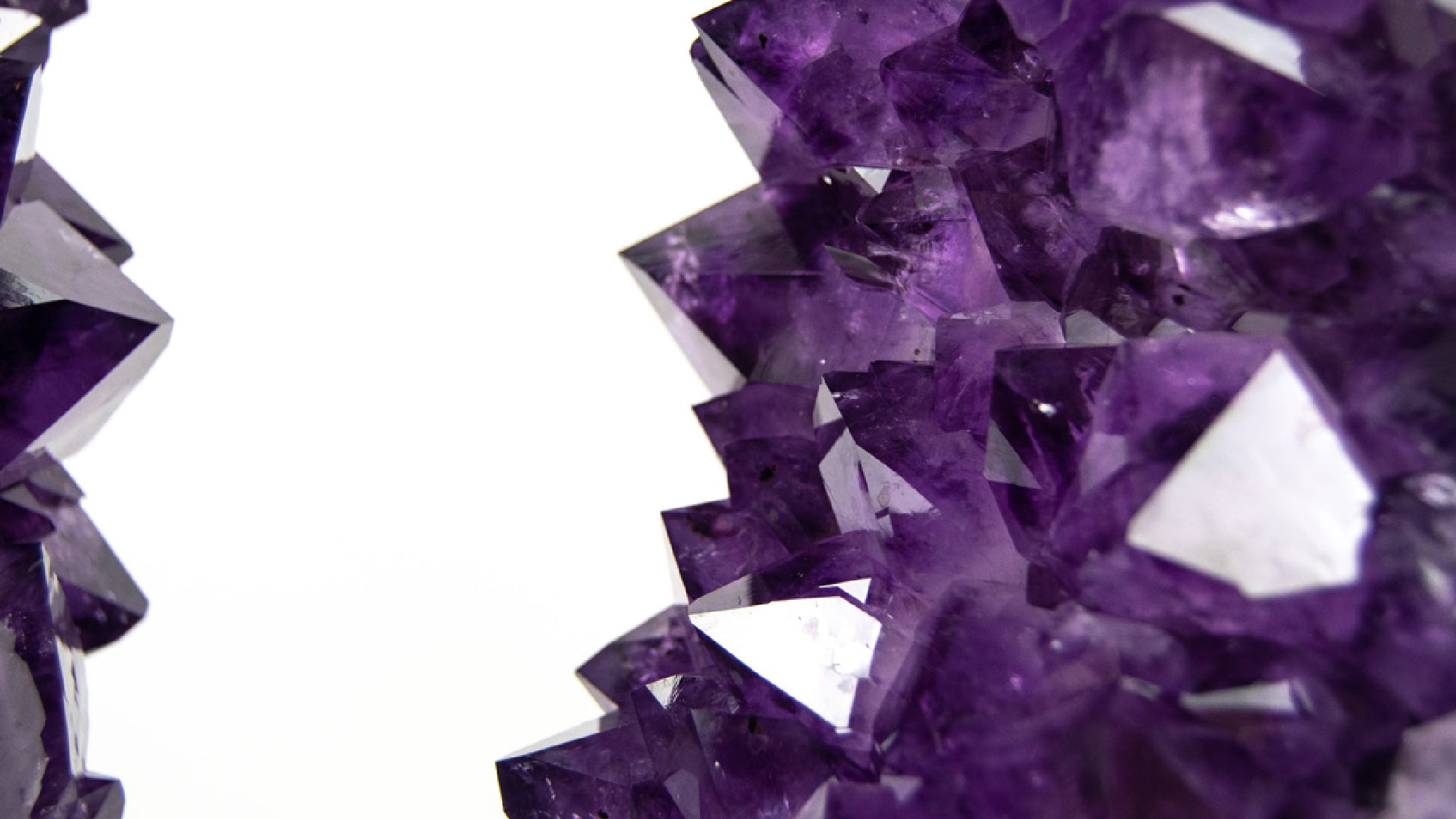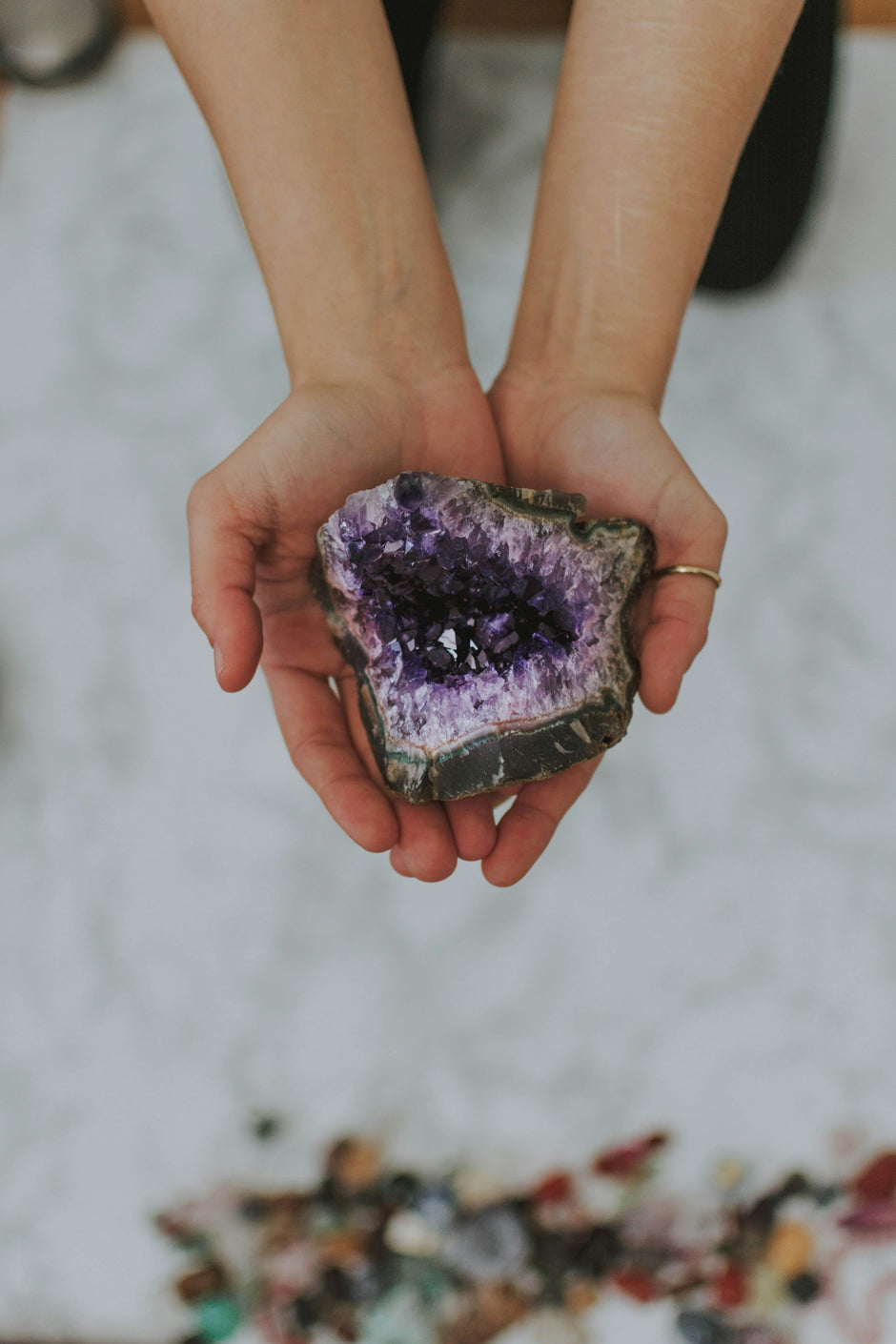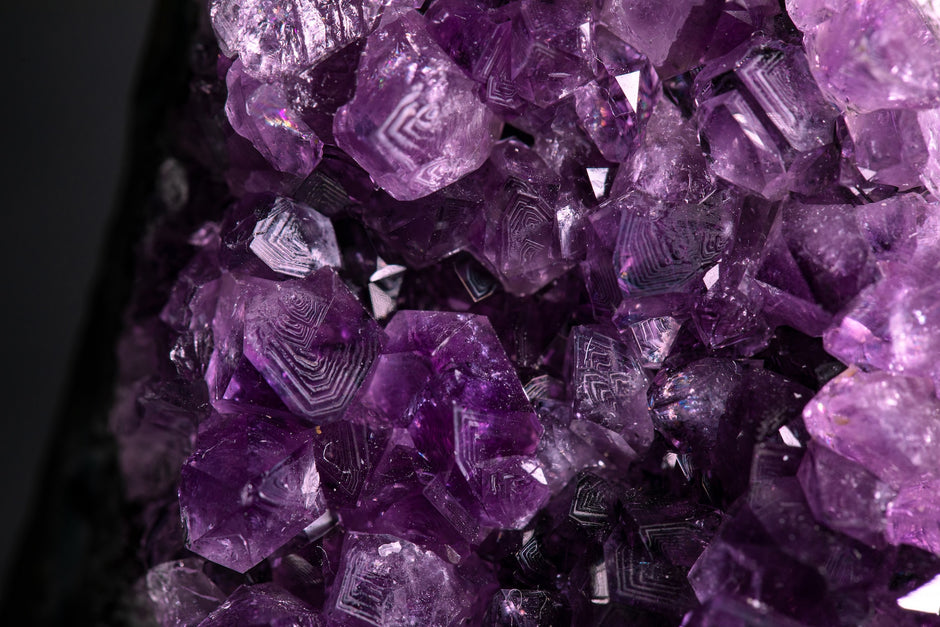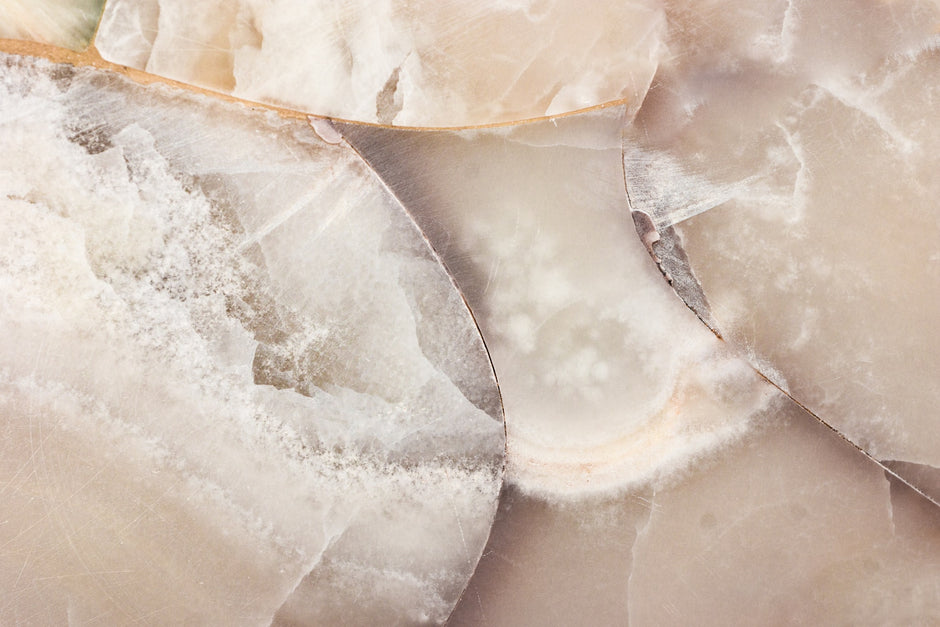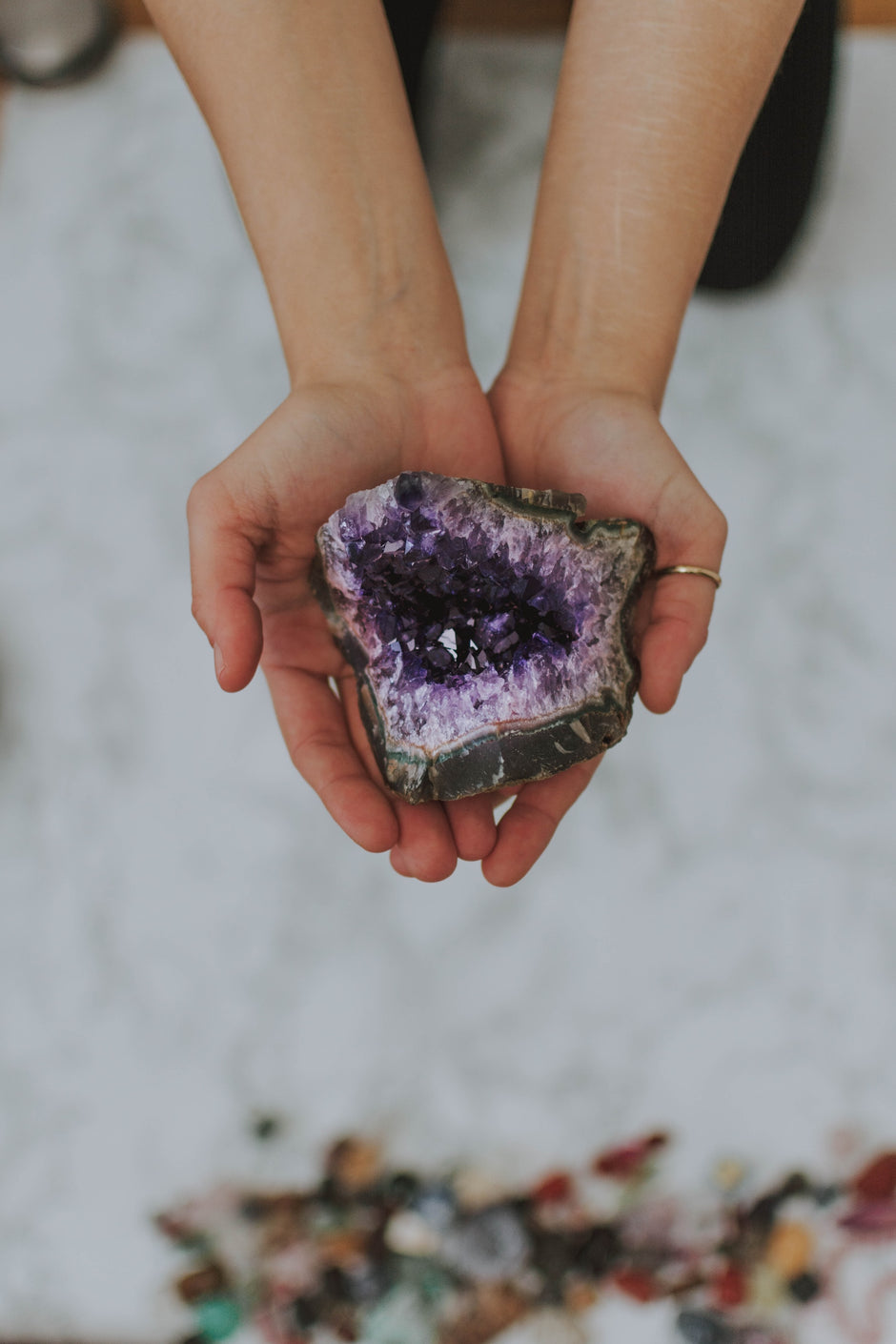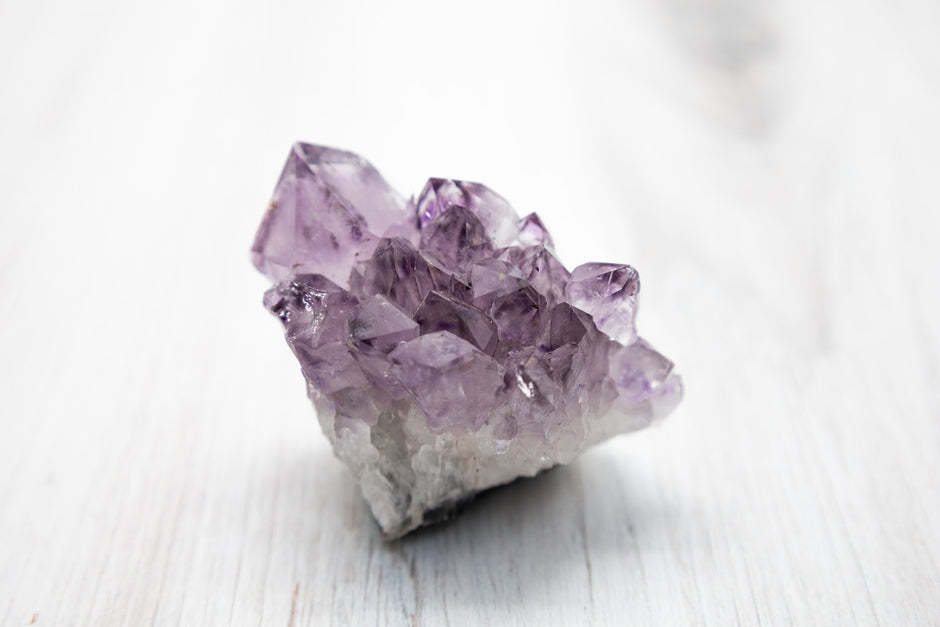From the twinkling stars of night skies to the vibrant hues of rainbows, few things in nature captivate us quite like the allure and mystery of gemstones. These splendid gifts from the Earth have enchanted humankind for millennia. But have you ever wondered what sets a ruby apart from a sapphire, or why amethysts seem to have a mystical quality? This article aims to explore the unique characteristics that distinguish various types of gemstones.
The Basics of Gemstones
Definition of a gemstone
A gemstone is a mineral, rock, or organic material used for jewelry, decoration, or spiritual purposes, often polished or faceted to enhance its appearance.
Categories: Precious vs Semi-Precious
Traditionally, gemstones are classified into two main categories: precious and semi-precious. Precious stones, like diamonds and sapphires, are typically more rare and valuable. Semi-precious stones include the likes of amethyst and garnet. However, this classification needs to be updated and is often considered less relevant today.
Commonly used terms: Cut, Clarity, Carat, and Color (The Four Cs)
When delving into the world of gemstones, it's essential to become well-acquainted with the "Four Cs": Cut, Clarity, Carat, and Color. These metrics offer a systematic way to evaluate and appreciate the aesthetic and intrinsic value of a gemstone.
Physical Characteristics
Hardness: Mohs Scale and Its Relevance
Hardness is measured on the Mohs scale, which ranges from 1 (softest) to 10 (hardest). The hardness of not only a gem's durability but also its aptitude for specific types of ornamentation.
Color: How Different Elements and Impurities Affect Color
Gemstone colors are influenced by various factors, including elemental composition and structural anomalies. For example, the presence of chromium gives emeralds their characteristic green hue.
Luster: The Way a Gemstone Reflects Light
Luster describes how a gemstone interacts with light. Terms like "adamantine" for diamonds and "pearly" for moonstones offer a vivid linguistic palette to express these intricate visual phenomena.
Transparency: Transparent, Translucent, and Opaque Gemstones
Transparency is another critical factor. Gemstones can be transparent, translucent, or opaque, which significantly affects their brilliance and the way they capture and reflect light.
Symbolic and Cultural Significance
Birthstones: The Gems Associated with Each Month and Their Meanings
Birthstones are gems traditionally associated with the month of one's birth. Ranging from garnet for January to turquoise for December, each stone is believed to offer specific virtues and protections.
Spiritual Beliefs: How Various Cultures Use Gemstones
Across cultures, gemstones have been used for spiritual or healing purposes. In Hinduism, for example, specific gems are believed to correspond to different chakras or spiritual centers within the body.
Historic Uses: Gemstones in Royal Crowns, Religious Artifacts, etc.
Historically, gemstones have adorned royal crowns, scepters, and religious artifacts. Their beauty embodied divine favor and earthly power, thereby gemstones symbolise various things in cultural narratives along with religious narratives.
Popular Gemstone Types and Their Unique Traits
Diamond
Diamonds are renowned for their unmatched hardness and sparkling luster. Often associated with eternal love, they are a staple in engagement rings.
Ruby
Rubies are revered for their vibrant red color and are considered symbols of passion and life force.
Emerald
Emeralds, with their enigmatic green hues, are often linked to fertility and rebirth.
Sapphire
Sapphires are known for their rich blue color but can come in a plethora of shades, except red. They symbolize wisdom and nobility.
Amethyst
Amethyst holds captivating purple tones, it symbolises tranquillity and spiritual clarity.
Practical Uses Today
Ornaments for All Occasions: Rings, Necklaces, and Beyond
When it comes to jewelry, gemstones are the pièce de résistance. Whether in solitaire rings, intricately designed necklaces, or other forms of personal ornaments, these stones bring a touch of magnificence. But remember, the choice of a gemstone can impact the durability and longevity of the jewelry item, not to mention its aesthetic appeal.
Industrial and Utilitarian Functions: From Abrasives to Lasers
Beyond personal adornment, gemstones have practical applications that often go overlooked. For instance, diamonds, given their remarkable hardness, are used as abrasives in industrial settings. They're also employed in high-precision laser systems, reflecting their technological utility.
Collector’s Corner: Investments and Rare Gem Market Dynamics
For the more financially inclined, gemstones can be a fascinating avenue for investment. Particular gem types, especially those that are rare or have historical value, can fetch astronomical prices. The market for such gems is ever-evolving, offering lucrative opportunities for discerning collectors.
How to Choose the Right Gemstone
Factors to consider: Budget, occasion, personal beliefs
The endeavor of selecting a gemstone is as multifaceted as the stones themselves. Budget obviously plays a significant role; however, it's also important to consider the occasion. Are you seeking an engagement ring, a birthday gift, or perhaps a piece with spiritual significance? Each gemstone comes with its own lore and symbolism, so your personal beliefs may also guide your choice.
Importance of consulting with certified gemologists
The world of gemstones is complex, replete with various grades, qualities, and properties that might not be immediately obvious. This is where the expertise of a certified gemologist becomes invaluable. These professionals can provide nuanced advice tailored to your specific requirements and preferences, ensuring you make an informed, satisfying choice.
Conclusion
From their breathtaking physical characteristics to their intricate symbolic meanings, each gemstone is a world in itself, waiting to be explored. Whether you're searching for the perfect diamond engagement ring, an emerald pendant that harks back to ancient lore, or even a unique Amethyst or Citrine that fits your personal style, remember that each stone carries a unique vibrancy and story.
If you're serious about entering the enthralling realm of gemstones, our highest recommendation is to consult with a certified gemologist. Their in-depth knowledge and expertise will provide you with a nuanced understanding tailored to your specific needs, making your gemstone journey both personal and informed.
As special occasions approach—be it anniversaries, birthdays, or even just a day when you want to show some extra love—consider gifting gemstones to your loved ones. It’s not just a gift but a meaningful gesture that can last a lifetime, offering both aesthetic beauty and emotional significance.